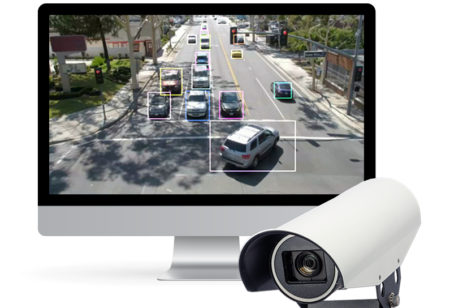The mayors of Paris and London, Anne Hidalgo and Sadiq Khan, have announced that they are working to create schemes to score new cars based on their real-world emissions and their impact on air quality, as part of an international initiative to tackle climate change and reduce greenhouse gas pollution.
The schemes will help city planners and traffic authorities to become more aware of the environmental impact that new cars have on their roads. This knowledge can help them to decide how traffic on their roads should be managed in order to keep pollution at safe levels for the benefit of the people living and traveling in the area.
Currently vehicle scoring schemes, such as EU standards, only regulate some pollutants and only require vehicles to meet standards under laboratory conditions. It has been proven that actual emissions on the road can be up to 15 times greater. The new schemes will allocate each model with a score, based on all of the pollutants they release during real-world, on road conditions. The scores will be made easily available through dedicated websites. Paris and London have committed to launch their data online by the end of 2017.
The announcement was made following a first-of-its-kind closed-door meeting between mayors and senior officials from the C40 Cities group, and representatives of several major auto makers, designed to find ways to accelerate the transition to low-emission and electric cars. C40 Cities is a network of more than 90 of the world’s largest cities and is focused on tackling global pollution issues. In July 2015, Paris was the first city in France to restrict access for the most polluting vehicles, with bans applied progressively until 2020. From October 2017, vehicles in central London will need to meet minimum exhaust standards, or pay a daily Emissions Surcharge (T-Charge), with the city proposing to introduce the world’s first Ultra Low Emission Zone (ULEZ) in 2019.
Hidalgo also announced a commitment from Bloomberg Philanthropies, FIA Foundation and the Bekenstein Charitable Fund, to enable C40 Cities to work with the International Council on Clean Transportation (ICCT) and the Emissions Analytics company to measure vehicle emissions with remote sensors and portable monitoring equipment.
Several other C40 cities, including Seoul, South Korea; Madrid, Spain; Mexico City, Mexico; Milan, Italy; Moscow, Russia; Oslo, Norway; and Tokyo, Japan, have committed to develop a global scoring system accessible to road authorities and all citizens.
“This is a wake-up call to car companies that they need to act now. Cities around the world demand clean air, and this new scoring scheme will be key to helping achieve that,” said Hidalgo (right), who is also chair of C40 Cities.
Khan added, “This is a fantastic example of how big cities around the world can pool their expertise and influence to encourage big industry to clean up its act. The toxicity of the air in many big cities is an outrage, and schemes of the type we are introducing in London and Paris have the potential to make a massive difference to the quality of the air we all breathe.”




